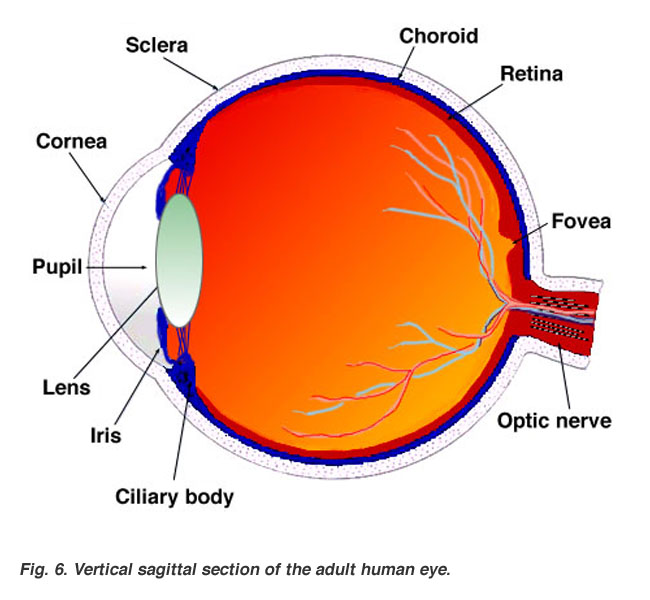
Are you the sort of person who can "forget a face"? Prosopagnosia, or face blindess, is the inability to distinguish between different faces (except the most familiar ones). Those afflicted try to compensate for their confusion by focusing on details of voice, gait, clothing or hair color to identify people. A German research group, headed by Dr. Ingo Kennerknecht of the Institute for Human Genetics at the University of Muenster, has discovered that face blindness can run in families and appears to have a hereditary component.
Now, who did you say you were again?

8 comments:
Ha! having a good giggle over this one...I have that problem! But, could have something to do with having albinism....ha ha ha ha.....
My boss wears three different pairs of shoes regularly. Hope she doesn't change them any time soon!
I had a picnic with some people today, but I can't quite picture their faces...
i can't recall the name, but i always forget a face!
KEvron
heather,
took a look at your blog; i'm overwhelmed by your candor. you're very brave to share these intimate details. hope you don't mind, but i'll probably stop by every now and then and drop some completely irrelevant wisecrack. it's about all i got (the 'doc can attest to that). keep on keepin' on, kid!
KEvron
Hi Trip:
They have discovered that middle aged men have virtually a 95% rate of Prosopagnosia.
Sexism in America is as endemic as racism.
Face? What face? I didn't see any face?
Sheik J.
Hey K.....drop by anytime! Just ignore the whining.
from Rhawn Joseph's website...
...when the right hemisphere (brain) is damaged, particularly the occipital-temporal region, there can result a severe disturbance not just in the capacity to perceive facial emotion, but in the ability to recognize the faces of friends, loved ones, or pets (DeRenzi, 1986; DeRenzi et al., 1968; DeRenzi & Spinnler, 1966; Evans et al. 1995; Hecaen & Angelergues, 1962; Landis et al., 1986; Levine, 1978; Whiteley & Warrington, 1977; Young et al. 1995); i.e. prosopagnosia. Some patients may be unable to recognize their own face in the mirror.
For example, one patient could not identify his wife, and although tested for 7 hours by the same examiner was unable to recognize him at the end of the session (De Renzi, 1986). Another patient was unable to recognize relatives, her pets, or even discriminate between people on the basis of sex but instead had to rely on the presence of details (such as lipstick, rouge, hair length, a moustache) to make discriminations (Levine, 1978).
I wonder if this affects the fusiform gyrus, in some circles described as the fusiform face area (ffa). This area of the brain responds to faces and their emotional context. Individuals with Autism have hypoactivation of the fusiform gyrus during facial recognition tasks. People with Prosopagnosia probably do to, maybe in a more extreme way. I wonder if there is some shared genetic liability?..
Post a Comment